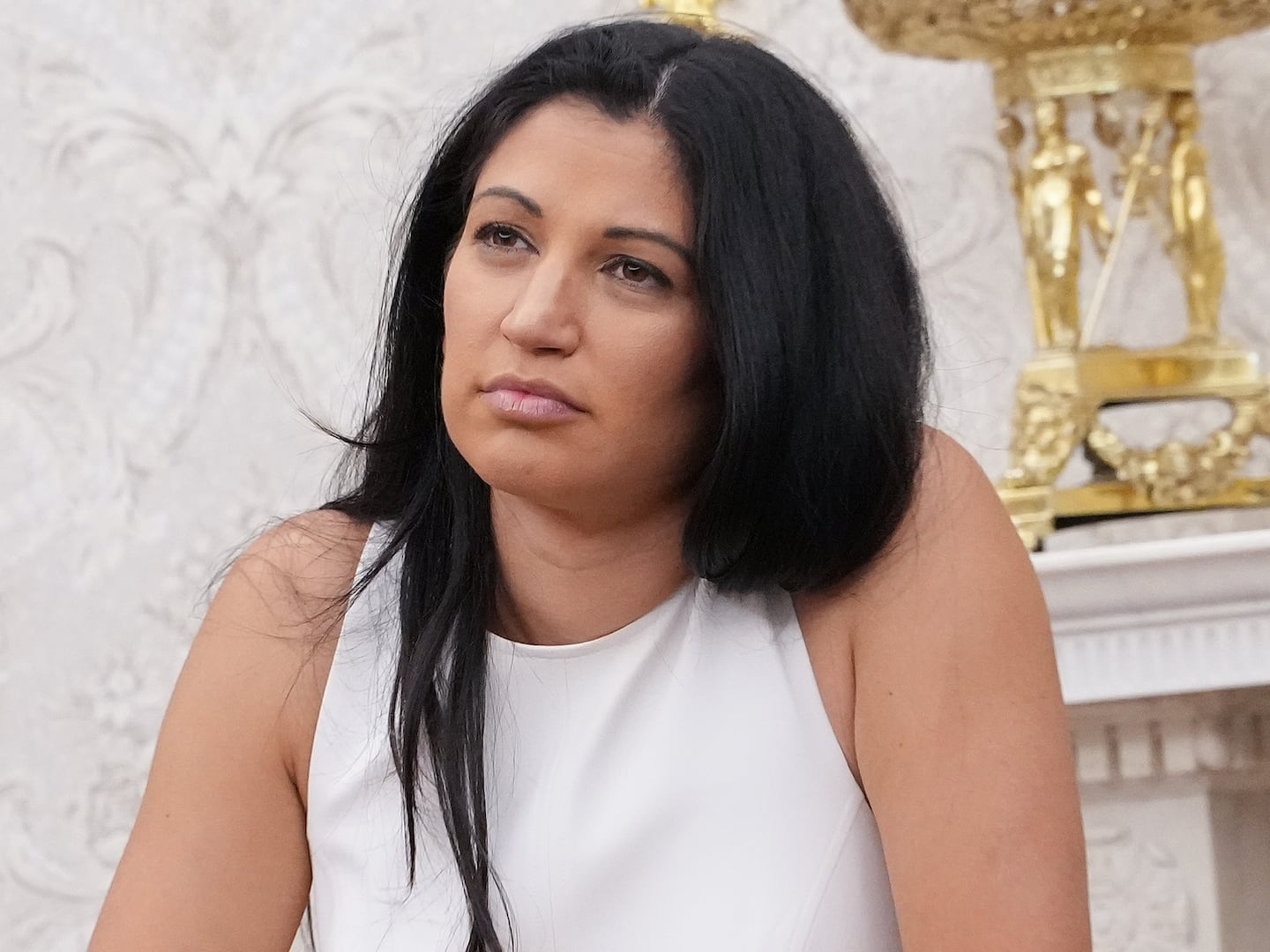In February Jourdan Dunn became the first black solo model to be featured on the cover of UK Vogue in 12 years.
In March, Rihanna became the first black model to front a Christian Dior campaign.
Both were significant moments for sure—but they also raised the question: Why has this taken so long?
If they were moments to savor, they were also an indictment of fashion’s racism, encompassing both the lack of black models on catwalks and magazine covers, and the relative scarcity of well-known black designers.
Now the South Sudanese model Nykhor Paul has posted an impassioned Instagram message about her experience of racism when it comes to beauty and makeup provision for models.

“I’m definitely super tired of apologizing for my blackness!!!!” Paul, 25, writes, when describing a world where makeup artists seem clueless and ill-prepared when it comes to dealing with black skin.
“Why can’t we be part of fashion fully and equally?” she demands, at the end of what amounts to a ringing denunciation of racism in fashion.
“Dear white people in the fashion world! Please don’t take this the wrong way but it’s time you people get your shit right when it comes to our complexion!” she writes. “Why do I have to bring my own makeup to a professional show when all the other white girls don’t have to do anything but show up wtf! (sic)”
Paul continues, “Don’t try to make me feel bad because I am blue black.”
It’s 2015, she writes, urging makeup artists to use what is on offer from MAC, Bobbi Brown, Make Up For Forever, Iman Cosmetics, Black Opal, Lancôme, and Clinique. “There’s so much options our (sic) there for dark skin tones today,” she says. “A good makeup artist would come prepare (sic) and do there (sic) research before coming to work because often time you know what to expect especially at a show!”
“Stop apologizing,” Paul adds in a message to those makeup artists, “it’s insulting and disrespectful to me and my race—it doesn’t help, seriously! Make an effort at least!”
In the next part of her post, Paul deftly combines shaming the makeup artists, and also the paucity of black models on the catwalk itself.
“That goes for NYC, London, Milan, Paris and Cape Town, plus everywhere else that have issues with black skin tones. Just because you only book a few of us doesn’t mean you have the right to make us look ratchet. I’m tired of complaining about not getting book (sic) as a black model and I’m definitely super tired of apologizing for my blackness!!!! Fashion is art, art is never racist it should be inclusive of all not only white people, shit (sic) we started fashion in Africa and you modernize and copy it! Why can’t we be part of fashion fully and equally?”
It’s a resonant question, although a solution—or even will on the part of fashion to change its ways—seems far off.
A survey of the models cast for the Fall 2015 fashion shows by The Fashion Spot showed that 80 percent of the models used by designers were white.
Jessica C. Andrews, founder of the Glamazons blog and a contributor to many outlets including Elle.com, told The Daily Beast that Paul had highlighted a problem that many models, including Naomi Campbell and Tyra Banks, have faced with makeup artists.
“Racism has permeated every level of the fashion industry,” Andrews said. “People talk about the models on the runway, but it also comes down to black designers not being given enough of a platform, and a lack of opportunity for black makeup artists themselves.”
Designers will cite their desire for “unity” in a fashion show to explain away a lack of a black presence on the catwalk, but this was “a copout,” Andrews said. “Fashion needs to be an arena of diversity, and that diversity should be enforced,” she said. “Consumers come in all kinds of different colors. There’s a disconnect here.
“In 2015, we have a black President, and there have been huge strides made in other industries, and fashion at a consumer level has embraced diversity. Change is happening, but high fashion is really lagging behind.”
Paul is far from the first model to speak about the racism they have faced.
In a 2013 London Times interview, the model Chanel Iman told me: “A few times I got excused by designers who told me, ‘We already found one black girl. We don’t need you any more.’ I felt very discouraged. When someone tells you, ‘We don’t want you because we already have one of your kind,’ it’s really sad.”
In an interview with The Fashion Spot, the fashion critic and author Robin Givhan was asked why there wasn’t more diversity in fashion.
“I think human nature has us gravitate to those who are like us,” Givhan said. “So until diversity exists at the most fundamental and earliest stages in our lives, I think diversity in our adult, professional lives will be a challenge.
“Part of the reason I think it remains challenging is because of our fundamental belief in what defines classic beauty, at least the Western version of it. Everything else is a riff on that—subverting it, pulling away from it. But the standard is the blue-eyed blonde. Fashion also has to find a use for personality on the runway. Once individualism is more highly prized, diversity will be, too.”
Despite requests by The Daily Beast, Paul was not available for comment.
Her agent, Jason Sobe at Red Models, told The Daily Beast she was taking part in the autumn/winter ’15/’16 couture shows in Paris.






